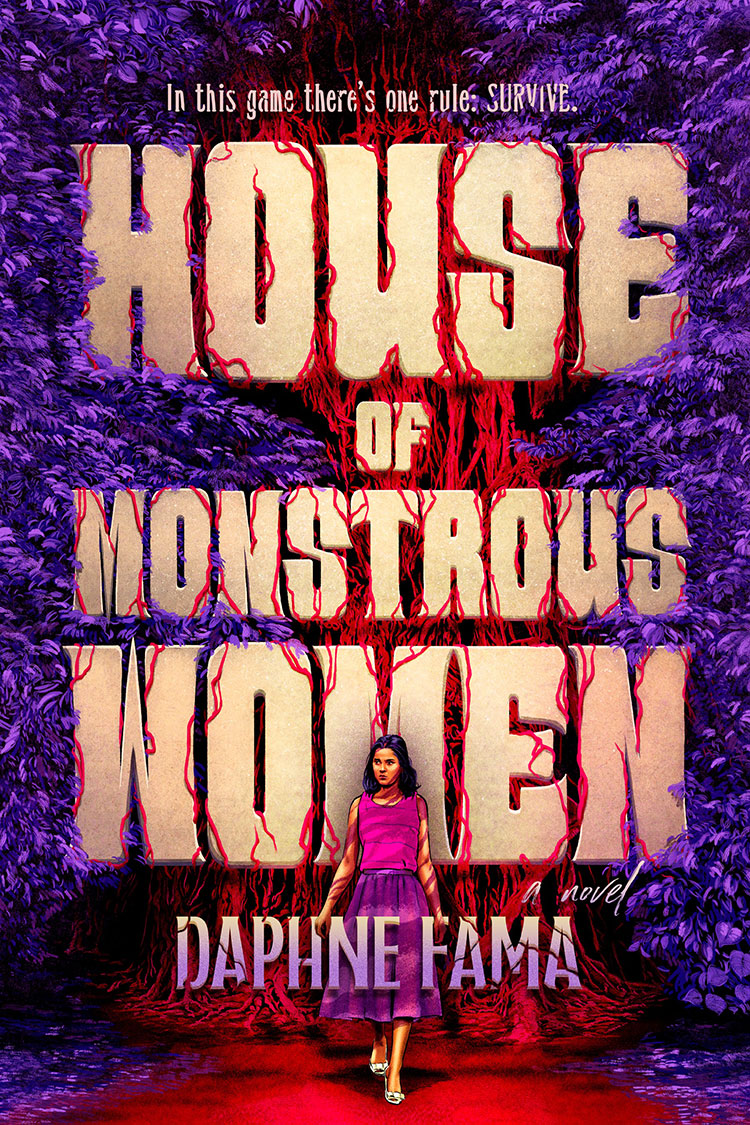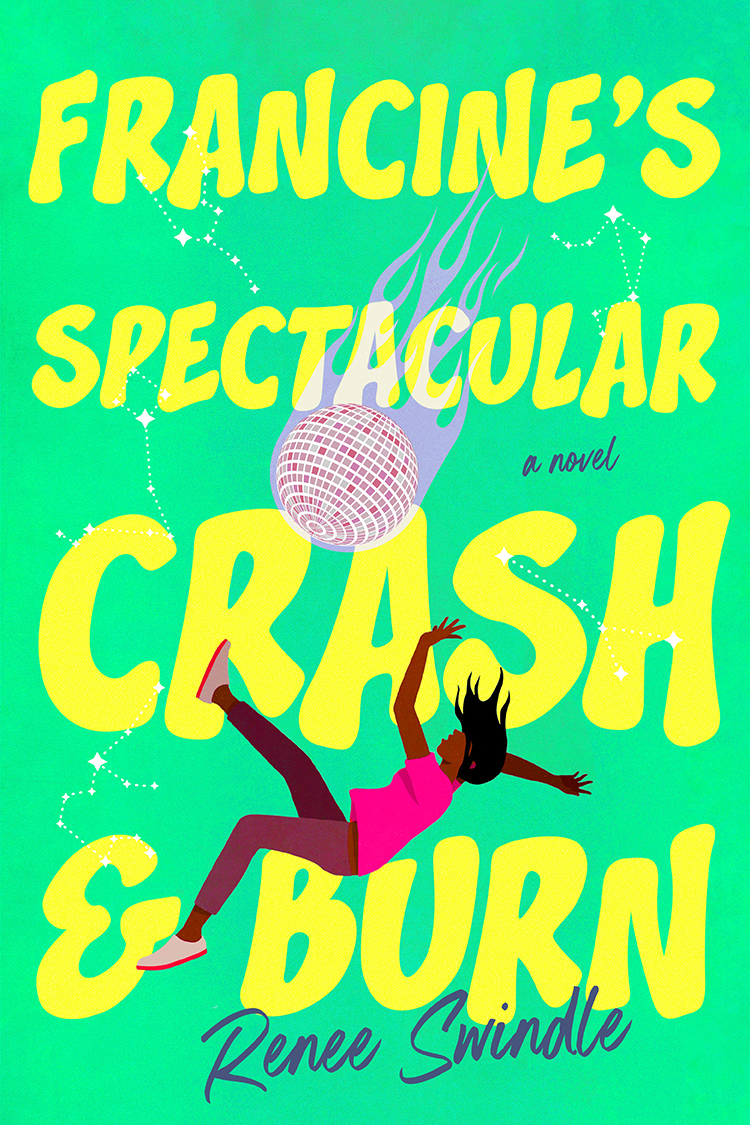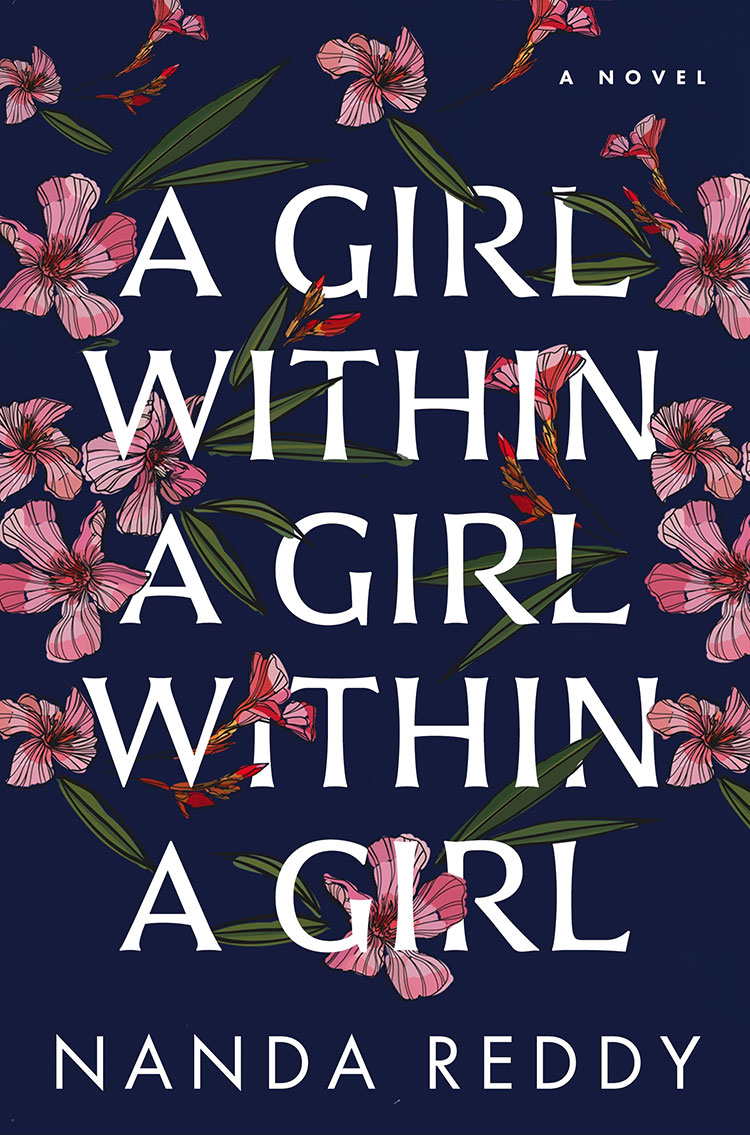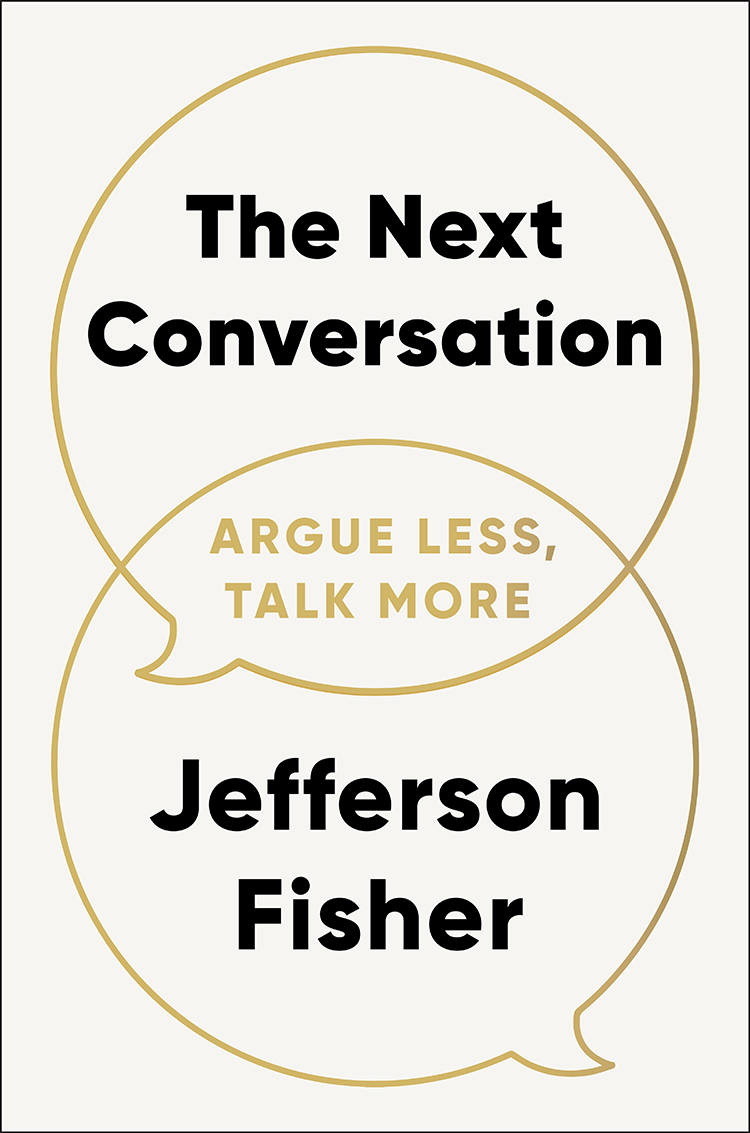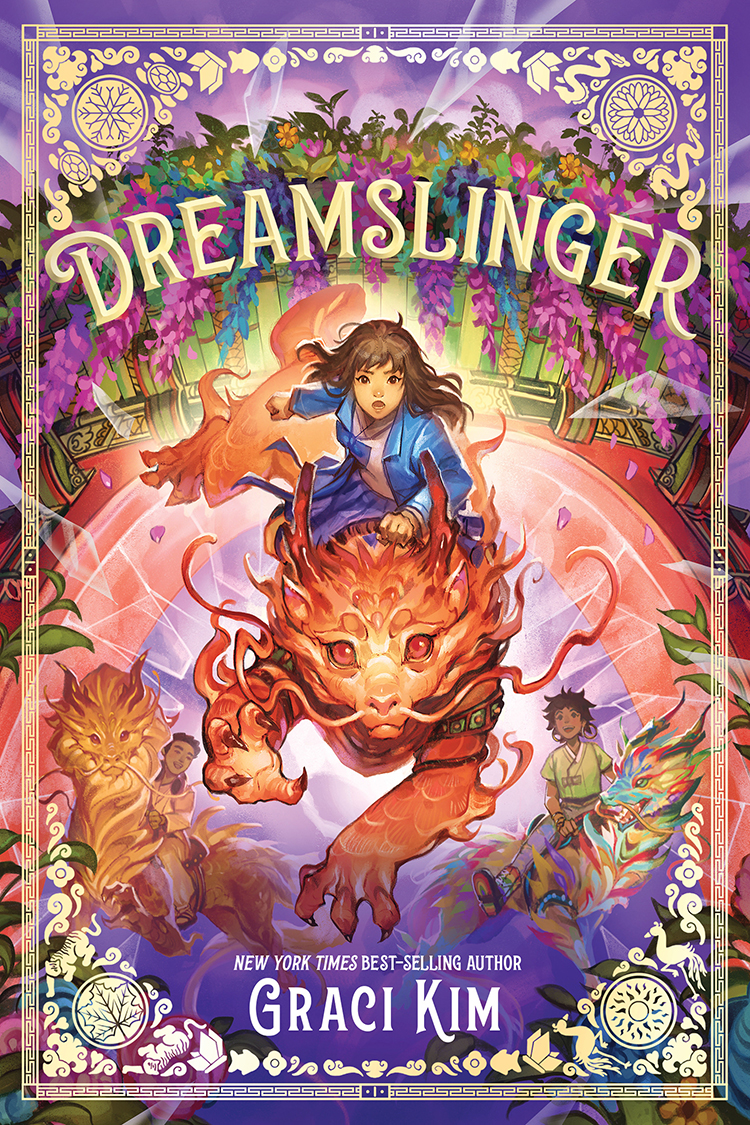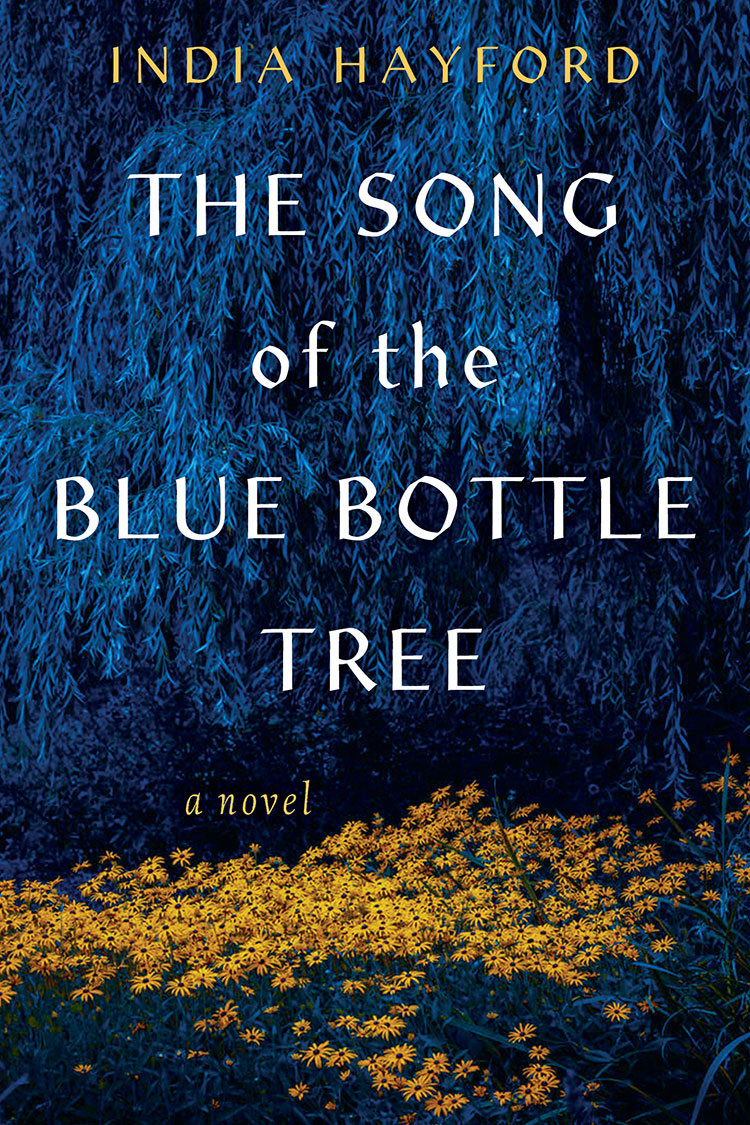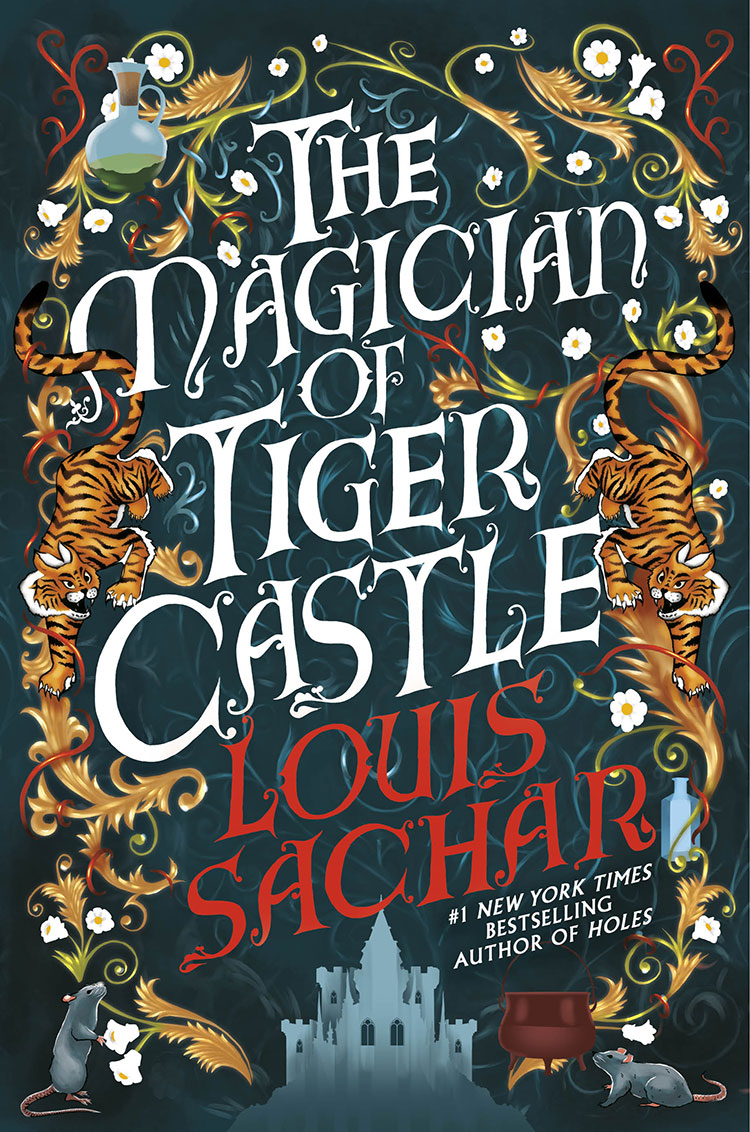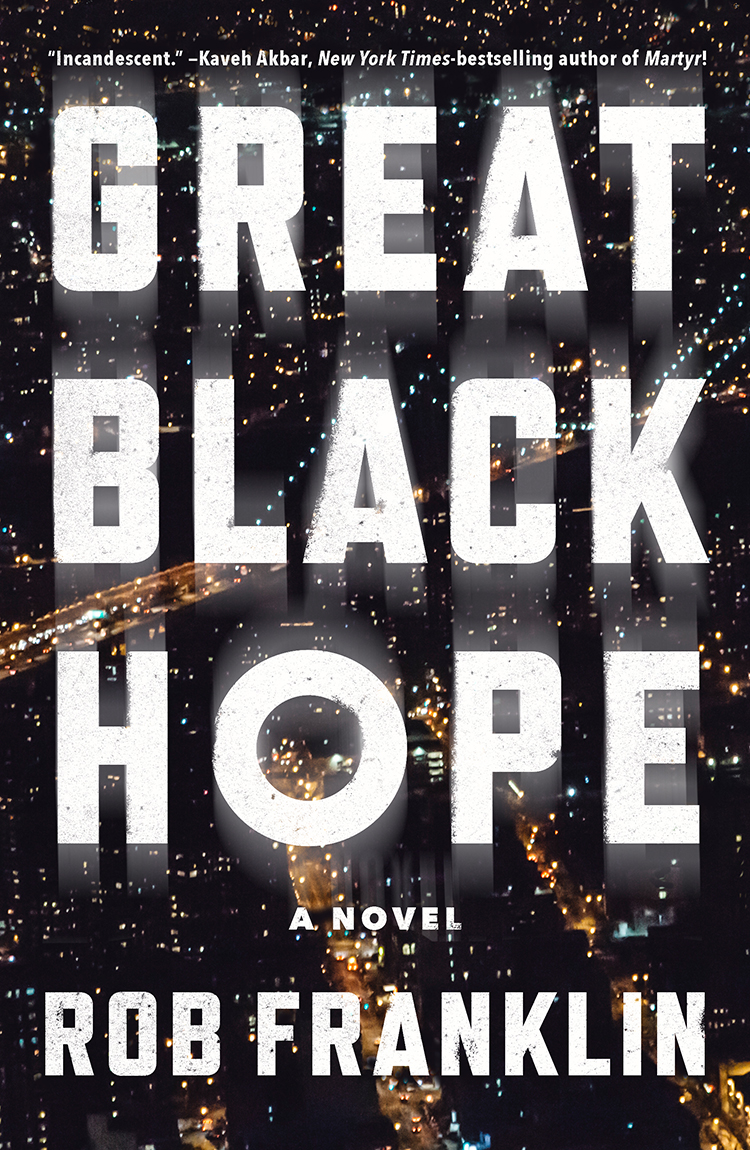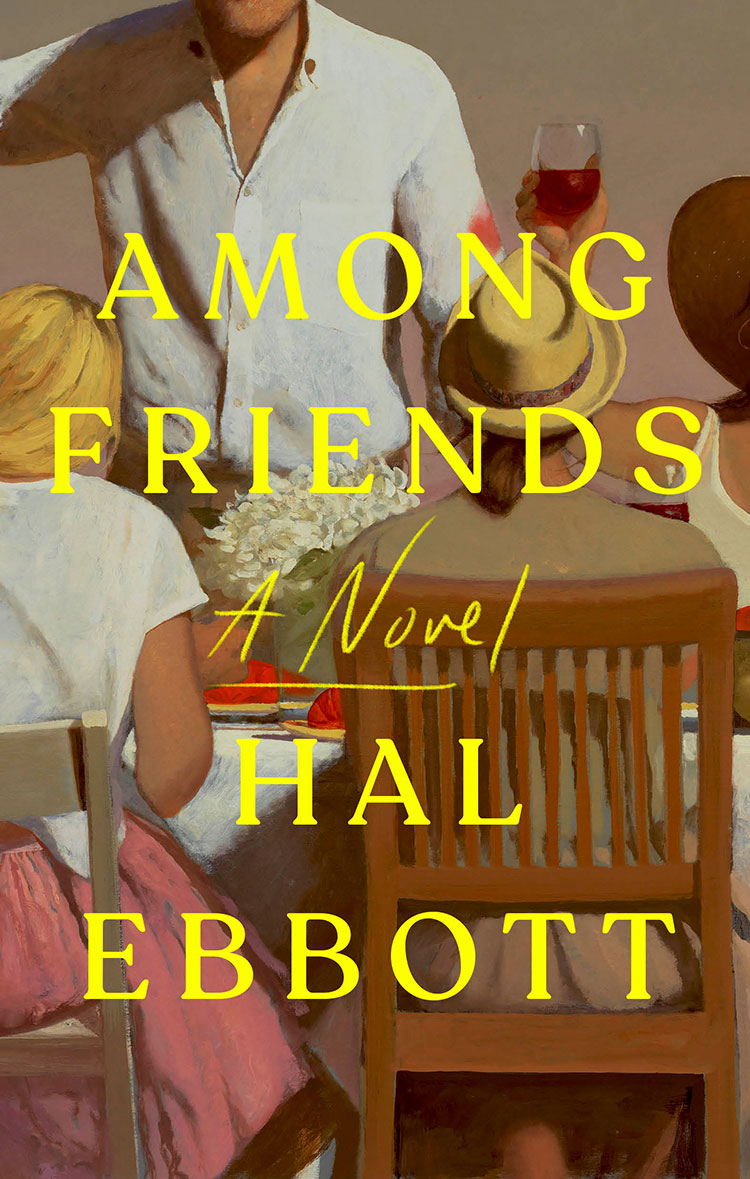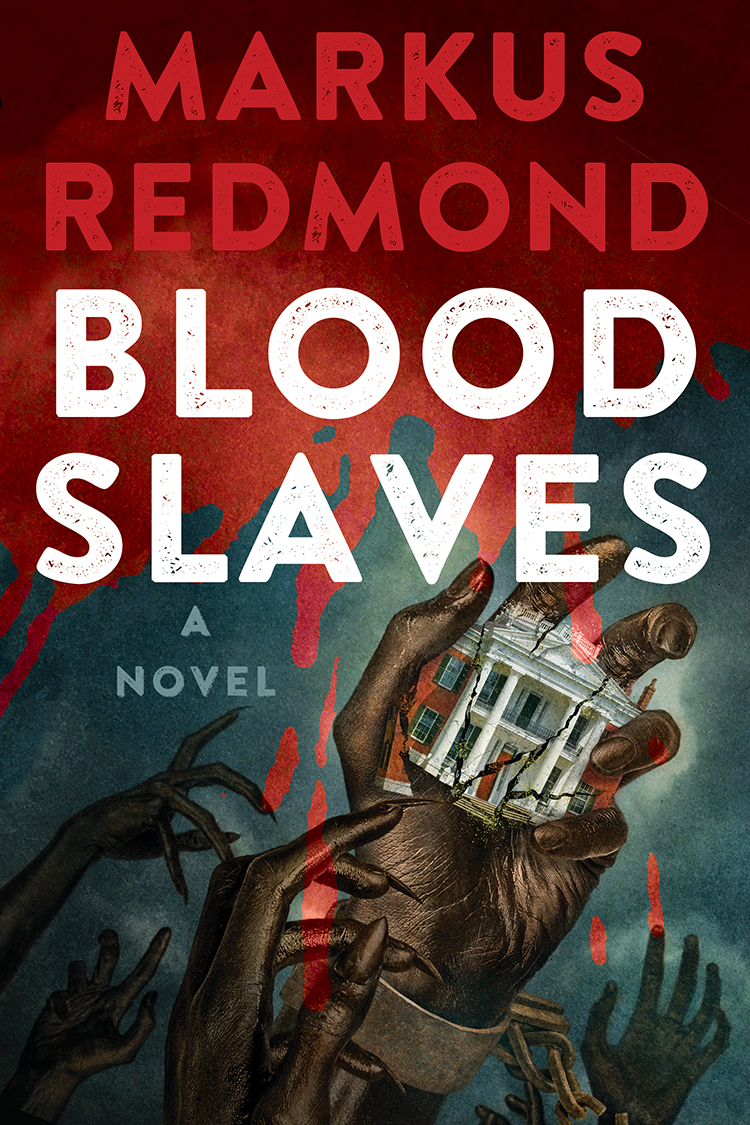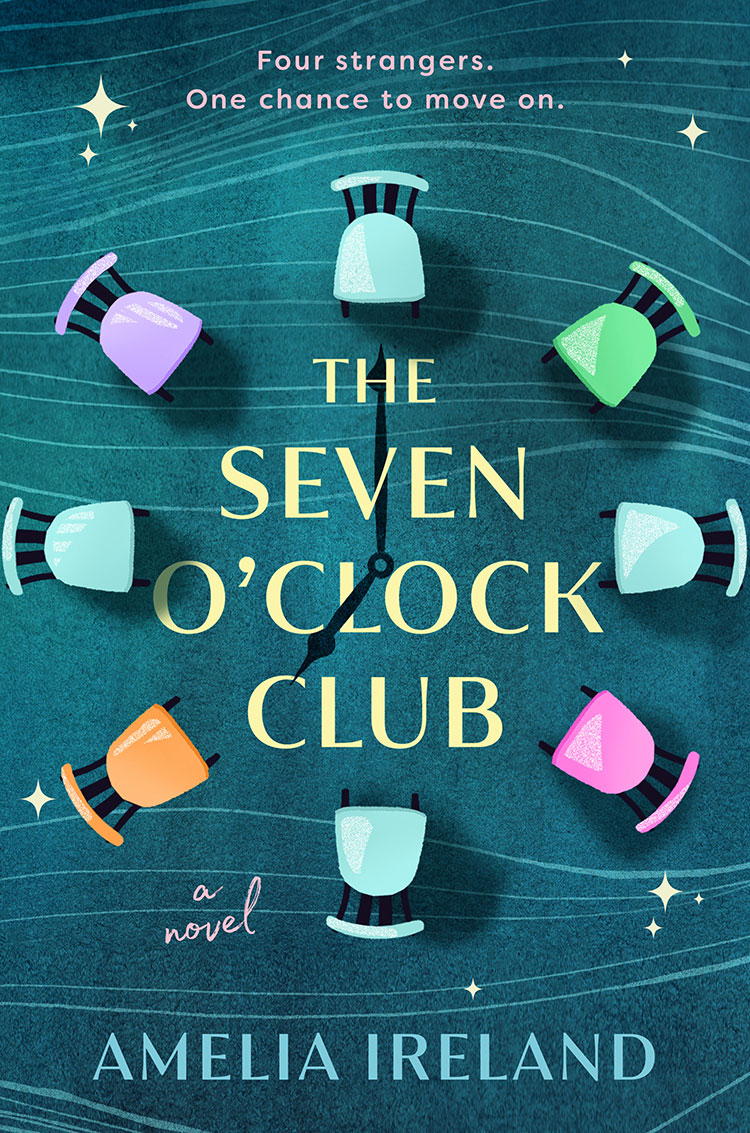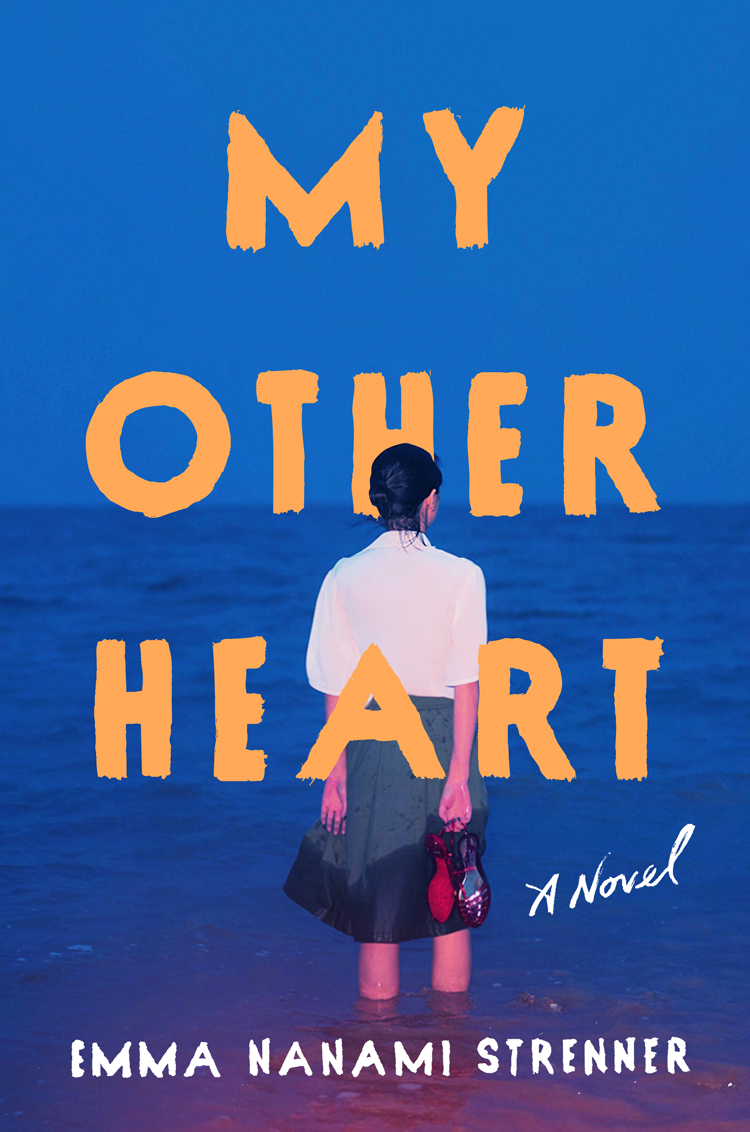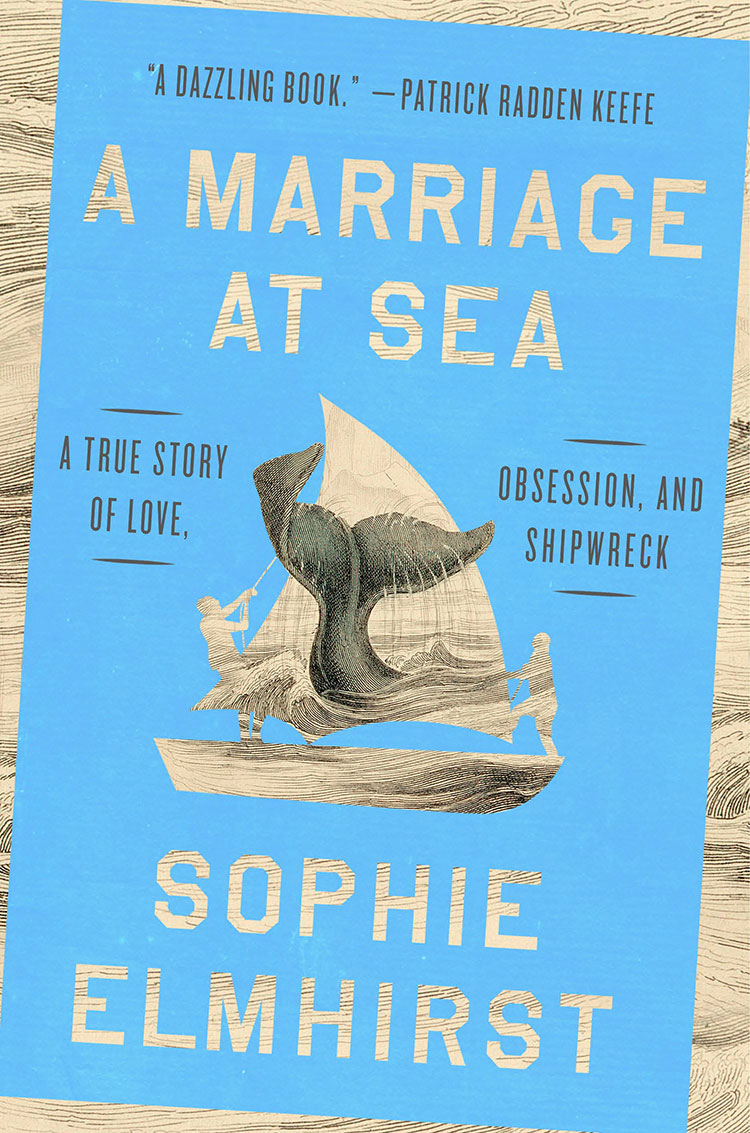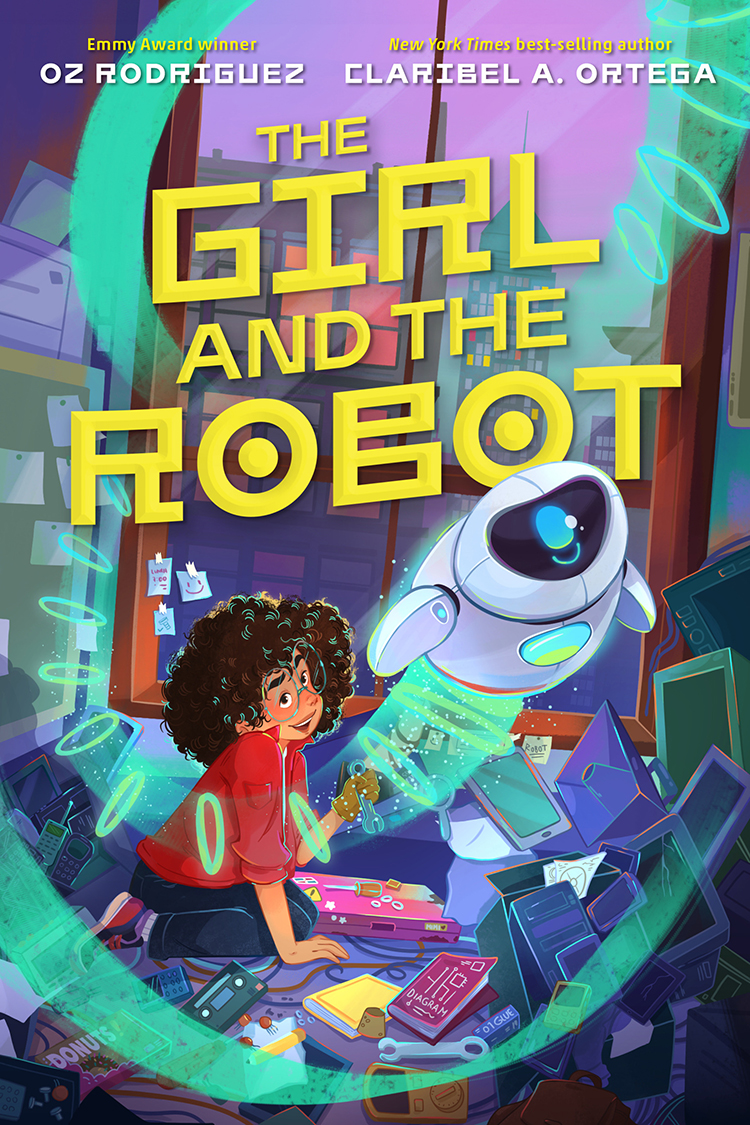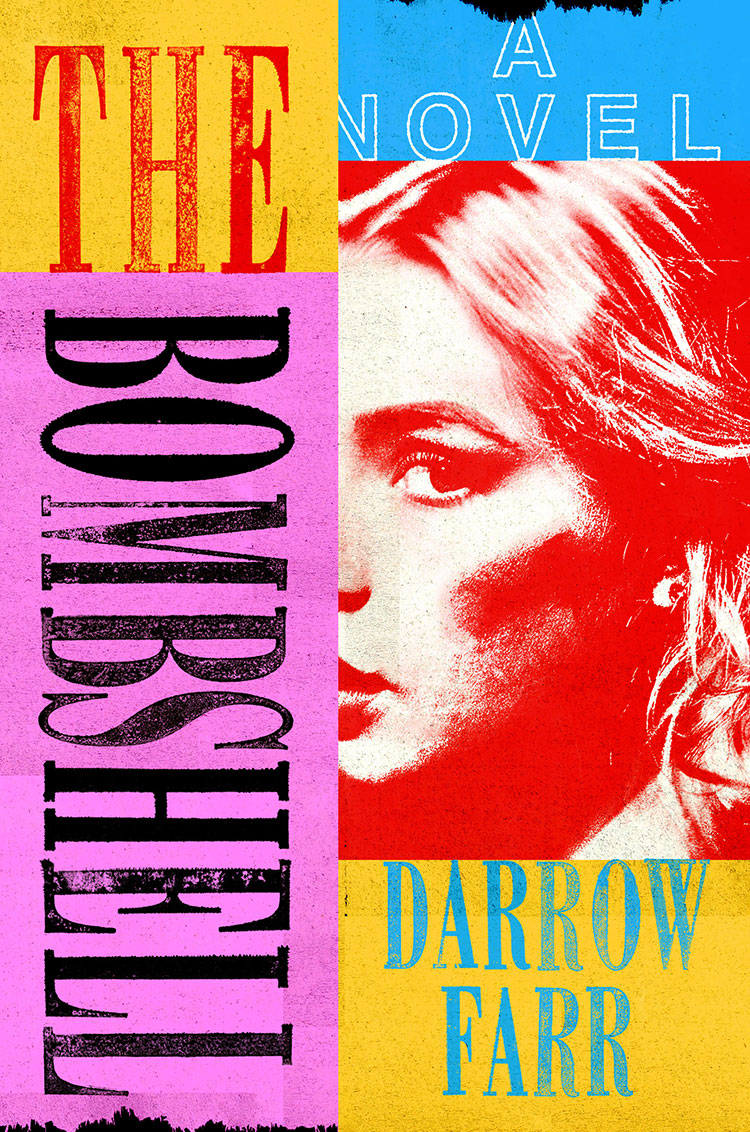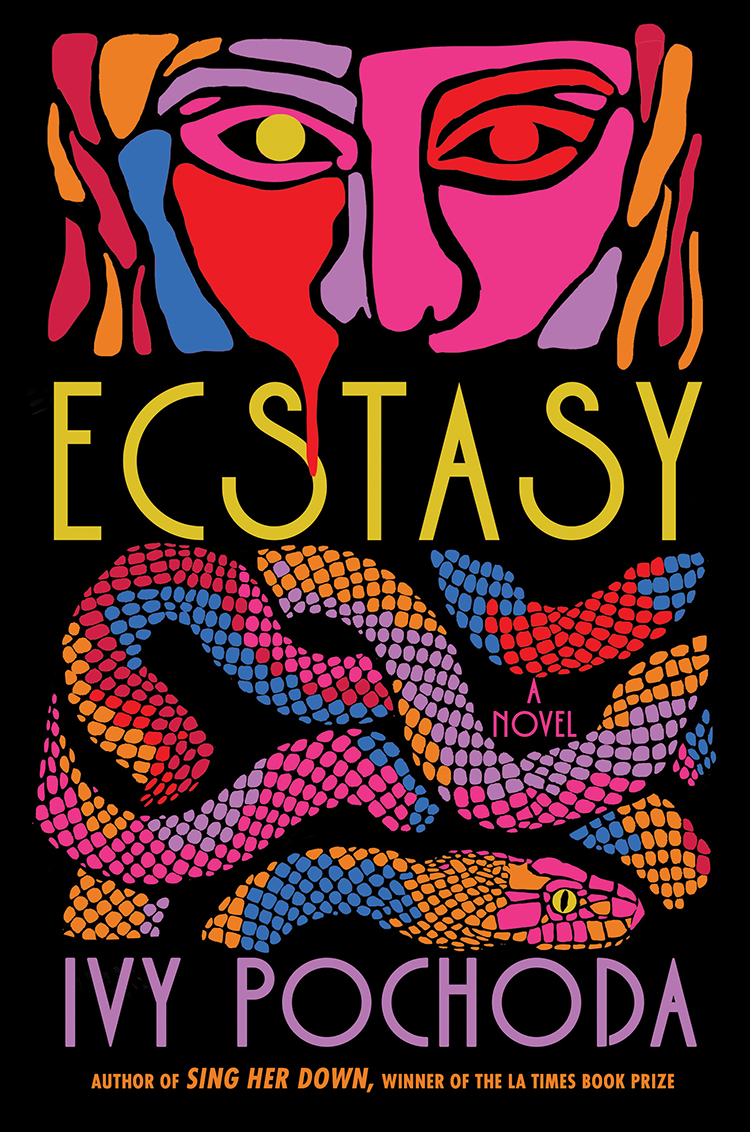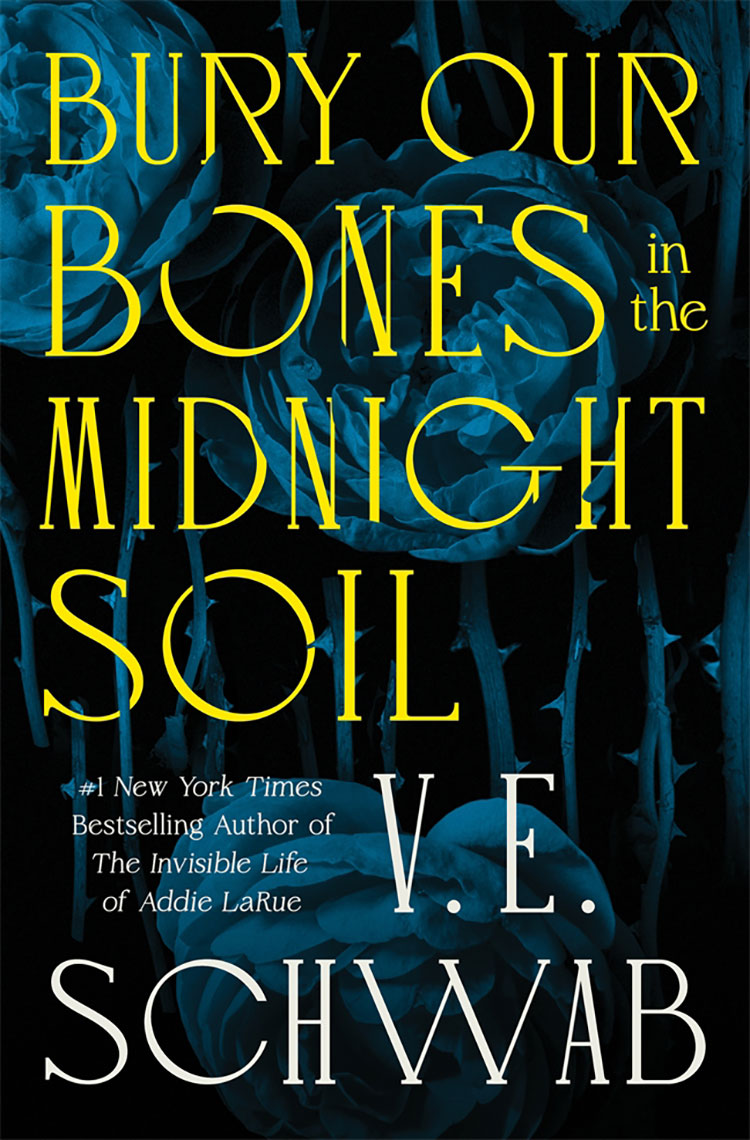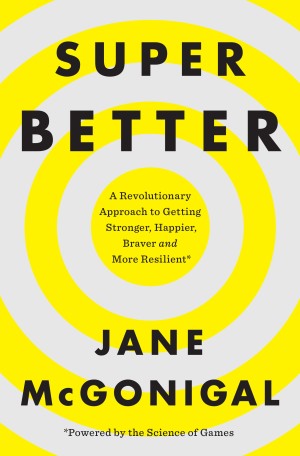
Superbetter
Pub: September 15, 2015
Penguin Press
Pre-OrderIn 2009, game designer and author Jane McGonigal suffered a severe concussion that wouldn’t heal. Unable to work or think clearly, she decided to get better by doing what she does best: by turning her recovery process into a game. What started as a simple motivational exercise quickly grew into a digital game, then an online portal and a major research study with the National Institutes of Health. In SuperBetter, McGonigal reveals a decade’s worth of scientific research into the ways all games change how we respond to stress, challenge, and pain. She explains how we can cultivate new powers of recovery and resilience in everyday life simply by bringing the same psychological strengths we naturally display when we play games—such as optimism, creativity, courage, and determination—to real-world situations. As inspiring as it is down to earth, grounded in rigorous research, and powered by game design, SuperBetter is a proven game plan for a better life. Never again will you say that something is “just a game.”
Introduction
You are stronger than you know.
You are surrounded by potential allies.
You are the hero of your own story.
These three qualities are all it takes to become happier, braver, and more resilient in the face of any challenge.
Here’s the good news: You already have these qualities within you. You don’t have to change a thing. You are already more powerful than you realize.
You already have the ability to control your attention—and therefore your thoughts and feelings.
You have the strength to find support in the most unexpected places, and deepen your existing relationships.
You have a natural capacity to motivate yourself and supercharge your heroic qualities, like willpower, compassion and determination.
This book will help you understand the power you already have—and show you that accessing this power is as easy as playing a game.
* * *
And yet this book is not about playing games—at least, not exactly. It’s about learning how to be gameful in the face of extreme stress and personal challenge.
Being gameful means bringing the psychological strengths you naturally display when you play games—such as optimism, creativity, courage, and determination—to your real life. It means having the curiosity and openness to play with different strategies to discover what works best. It means building up the resilience to tackle tougher and tougher challenges with greater and greater success.
The best way I know to explain what it means to be gameful—and how being gameful can make you stronger, happier, and braver—is to tell you a story. It’s the story of how I invented the SuperBetter method—and the life-threatening challenge I had to overcome to be able to write this book.
* * *
In the summer of 2009, I hit my head and got a concussion. It didn’t heal properly, and after thirty days I still had constant headaches, nausea, and vertigo. I couldn’t read or write for more than a few minutes at a time. I had trouble remembering things. Most days I felt too sick to get out of bed. I was in a total mental fog. These symptoms left me more anxious and depressed than I had ever been in my life.
I had trouble communicating clearly to friends and family exactly what I was going through. I thought if I could write something down, it would help. I struggled and struggled to put together words that made sense, and this is what I came up with:
Everything is hard.
The iron fist is pushing against my thoughts.
My whole brain feels vacuum pressurized.
If I can’t think who am I?
Unfortunately, there is no real treatment for postconcussion syndrome. You just rest as much as you can and hope for the best. I was told I might not feel better for months or even a year or longer.
There was one thing I could do to try to heal faster. My doctor told me I should avoid everything that triggered my symptoms. That meant no reading, no writing, no running, no video games, no work, no email, no alcohol, and no caffeine. I joked to my doctor at the time: “In other words, no reason to live.”
There was quite a bit of truth in that joke. I didn’t know it then, but suicidal ideation is very common with traumatic brain injuries—even mild ones like mine. It happens to one in three, and it happened to me. My brain started telling me: Jane, you want to die. It said, You’re never going to get better. The pain will never end. You’ll be a burden to your husband.
These voices became so persistent and so persuasive that I started to legitimately fear for my life.
And then something happened. I had one crystal-clear thought that changed everything. Thirty-four days after I hit my head—and I will never forget this moment—I said to myself, I am either going to kill myself, or I’m going to turn this into a game.
Why a game? By the time I hit my head in 2009, I’d been researching the psychology of games for nearly a decade. In fact, I was the first person in the world to earn a Ph.D. studying the psychological strengths of gamers and how those strengths can translate to real-world problem solving. I knew from my years of research at the University of California at Berkeley that when we play a game, we tackle tough challenges with more creativity, more determination, and more optimism. We’re also more likely to reach out to others for help. And I wanted to bring these gameful traits to my real-life challenge.
So I created a simple recovery game called “Jane the Concussion Slayer.” This became my new secret identity, a way to start feeling heroic and determined instead of hopeless.
The first thing I did as the concussion slayer was to call my twin sister Kelly and tell her, “I’m playing a game to heal my brain, and I want you to play with me.” This was an easier way to ask for help. She became my first ally in the game. My husband Kiyash joined next.
Together we identified and battled the bad guys. These were anything that could trigger my symptoms and therefore slow down the healing process—things like bright lights and crowded spaces.
We also collected and activated power-ups. These were anything I could do on even my worst day to feel just a little bit good or happy or powerful. Some of my favorite power-ups were cuddling my Shetland sheepdog for five minutes, eating walnuts (good for my brain), and walking around the block twice with my husband.
The game was that simple: adopt a secret identity, recruit allies, battle the bad guys, and activate power-ups. But even with a game so simple, within just a couple days of starting to play, that fog of depression and anxiety went away. It just vanished. It felt like a miracle to me. It wasn’t a miracle cure for the headaches or the cognitive symptoms—they lasted more than a year, and it was the hardest year of my life by far. But even when I still had the symptoms, even while I was still in pain, I stopped suffering. I felt more in control of my own destiny. My friends and family knew exactly how to help and support me. And I started to see myself as a much stronger person.

